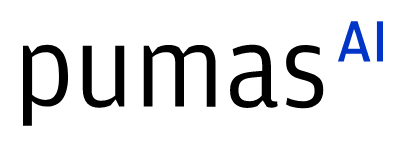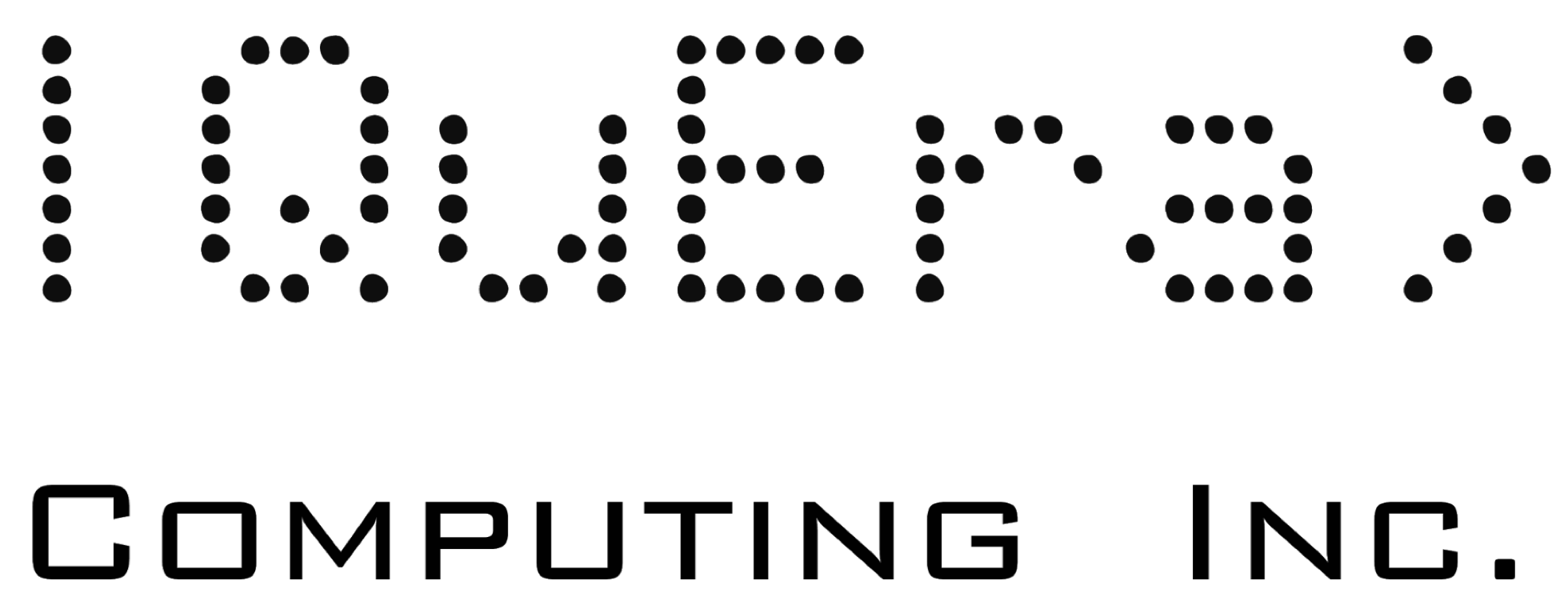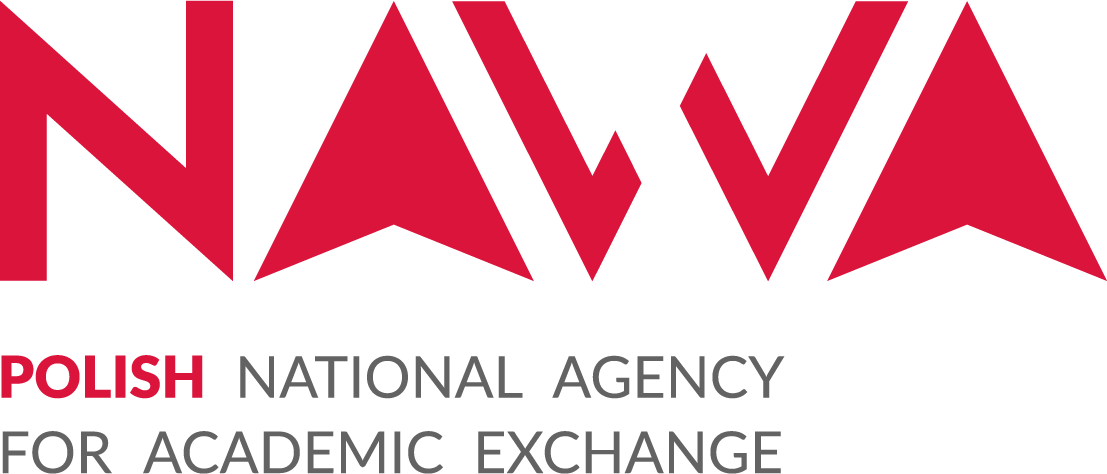Digital Twins for Ocean Robots
Abstract:
Ocean robots and satellites collect crucial data to monitor, understand, and predict climate change. Our digital twin framework accesses & simulates these complex data sets. It leverages multiple Julia packages developed by the author and linked organizations. This talk focuses on numerical modeling and artificial intelligence components of the DT framework. It touches on all major elements of the global observing system along with expected scientific, societal, and commercial applications.
Description:
Topics discussed include
- two recent workshops : Symposium on Advances in Ocean Observation (to which G.F. was invited in 2022) and Global Workshop on Earth Observation with Julia (JuliaEO 2023, which G.F. co-organized)
- our model hierarchy with : climate model emulators, data assimilative models, kilometer-scale global models, marine ecosystem simulations, trained neural networks, robot pathway simulations, and virtual ocean sensors.
- real-life and simulated data : at sea data collection, autonomous vehicles, Earth Observation via satellites, ocean+atmospheric reanalyses, geospatial data, smart observational strategies, and edge computing.
- integration of multiple packages developed by the author (incl.
ClimateModels.jl,OceanRobots.jl,IndividualDisplacements.jl, andMeshArrays.jl) and across the broader Julia ecosystem (incl.JuliaClimate,JuliaOcean,SciML,MakieOrg,FluxML,JuliaGeo,JuliaSpace, andJuliaRobotics). - initial plans for real-life at sea experiments that will involve constellations of ocean robots within the digital twin framework
Platinum sponsors

Gold sponsors

Silver sponsors




Bronze sponsors



Academic partners

Local partners

Fiscal Sponsor
